{{phone.Value}}
successful admissions
of students enter the university of their choice
students consult Education Index when applying for universites
successful admissions
of students enter the university of their choice
students consult Education Index when applying for universites
MODULES
Mathematics
This module provides you with the opportunity to develop basic mathematical skills relevant to Engineering and Computing. The key areas you will study are trigonometry, algebra, functions and calculus. No-one is expected to have a higher level of mathematical background than GCSE Grade C or equivalent. You will be learning using practical examples to solve a range of engineering and computing problems.
Engineering Sciences
This is a double model which aims to introduce to you the fundamental concepts of both mechanical and electrical theory and practice. The mechanical content introduces topics such as conversion of units, linear motion, forces, stress and strain, Newton’s second law, work, energy and power, fluids, pressure and thermodynamics. The electrical content includes resistor tolerances Ohm’s law, current and voltage division, Kirchoff’s law, AC current, the oscilloscope and signal generator, batteries and capacitors. There is a high practical element within the module.
Problem Solving and Programming
In this module, you will work on practical computing applications. It is assumed that you will have little or no prior experience of computer programming is assumed. You will gain an understanding of how data is used, problem solving skills and computer logic combined with hands-on experience of developing and executing simple software programmes. All these skills are used in undergraduate computing degrees.
Creative Technology Project
This module is studied in the final term of the IFC and brings together learning from the other modules studied during the previous two terms. You will apply the engineering and computing knowledge that you have gained to a practical project. Your project involves not only using this knowledge to create simple technology but also gives them the opportunity to learn and apply the basic principles of project management. Among transferable skills developed are scoping, planning and monitoring a project, working effectively in a team and creative problem solving skills.
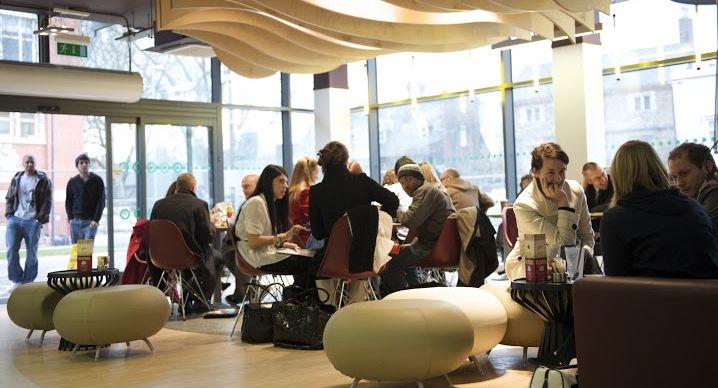
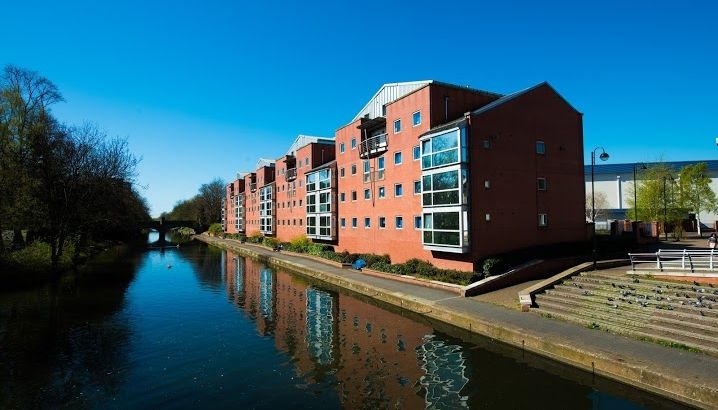
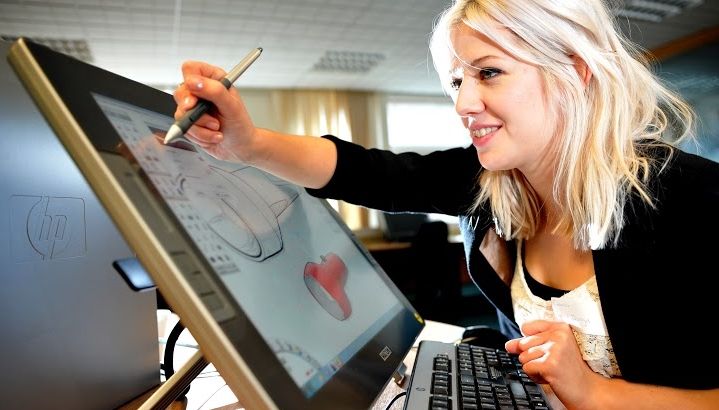



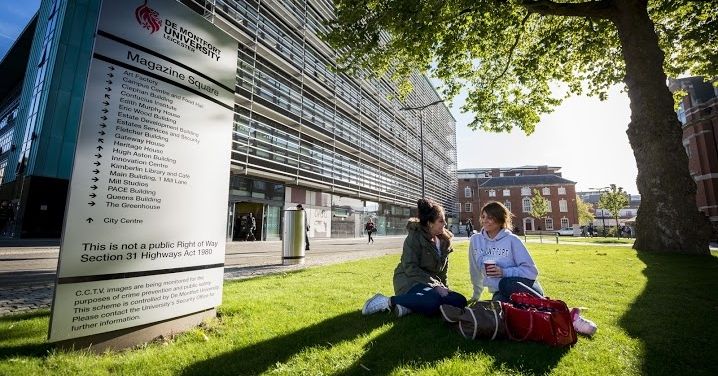
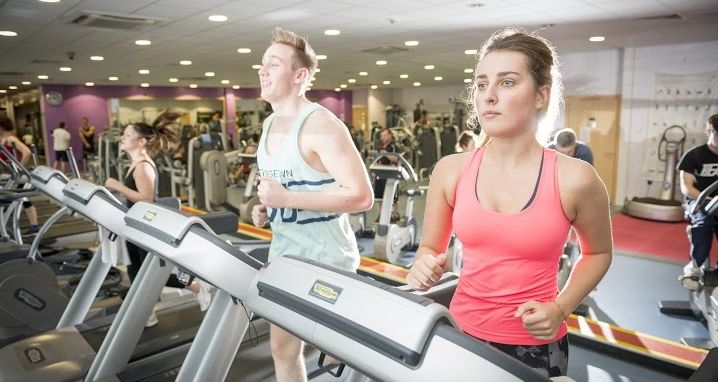
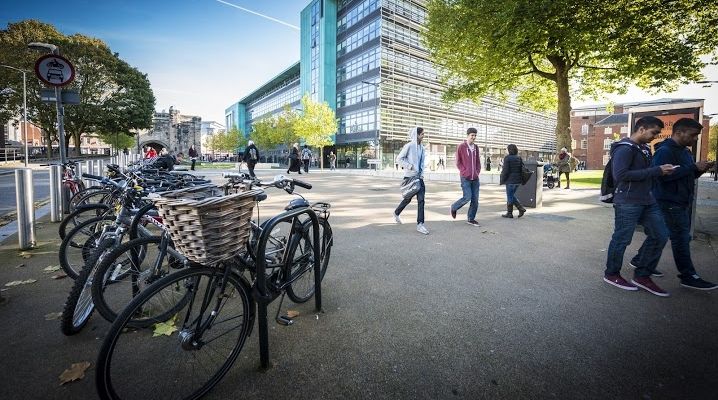

Leicester is at the heart of England with excellent transport links. It is just off the M1 and close to the main A1, with easy access to the north and south. The M69 and M6 are also close by and offer access to Birmingham, Wales and the south west. Leicester is just over an hour away from London St Pancras, and the Eurostar hub, meaning Paris is only four hours away by train. East Midlands Airport is 30 minutes away with regular flights to destinations across Europe.